Whenever we appear at a public forum or workshop, the one comment we are guaranteed to hear is: “If only I had learned this when I was younger!” Once people have learned just a few of the financial fundamentals they simultaneously realize how much money they have lost to unscrupulous life insurance agents, credit card companies and advisers that were selling products with the highest commissions for themselves. Yes, that sounds a little harsh but is, unfortunately, all too common. Once you have learned the steps to eliminate the cause of your losses, the most important determinant of the size of your savings is: time.
If you’re approaching retirement age it’s not too late to start saving – in fact, it’s critical to your quality of life to do so immediately. Please invest some time in educating yourself on the basics. It’s easier than you think. The fact is, the earlier you are able to start saving the better. So, imagine yourself as a teenager again. If you had learned these lessons at that time, and started a savings plan, you would be retiring to a million dollar nest-egg. It makes you wonder why these lessons are not taught in most schools.
When we were researching our book “The ABCs of Making Money for Teens” we met some incredibly smart and motivated teens that had achieved amazing things, such as setting up international charities, or corporations dedicated to saving the environment. Others were focused on saving for college or travel. They were all able to understand the concept of living within or below their means and, as a result, will retire to a very comfortable lifestyle – even if they choose to do so in their 40s or 50s! Think about that.
Knowing how money works can mean the difference between living paycheck to paycheck, carrying a lot of debt and stress, or enjoying the life you want for you and your family. Want to get started?



